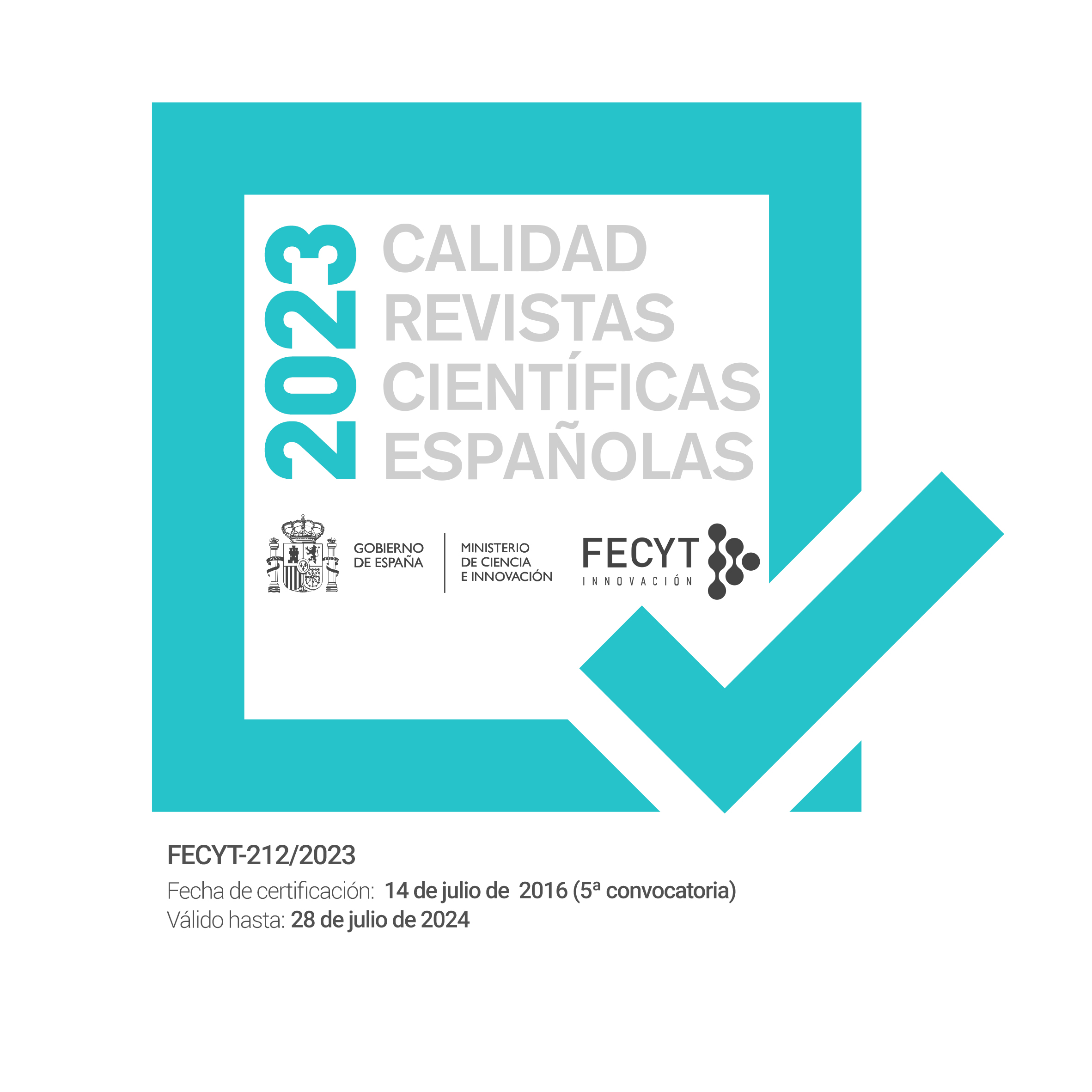Verificar el impacto en los resultados bioquímicos y clínicos de la demora en acudir al servicio de Urgencias (SU) ante un cólico renal agudo.
Materiales y métodosLos datos se recogieron retrospectivamente en 3instituciones de 2países europeos, desde el 1 de enero hasta el 30 de abril del 2020. Se incluyó a los pacientes que acudieron a Urgencias con un cólico renal unilateral o bilateral causado por urolitiasis confirmada por imagen durante el periodo de estudio. La consulta en el SU después de 24 h desde el inicio de los síntomas se consideró tardía. Los pacientes que acudieron antes de las 24 h desde el inicio de los síntomas se incluyeron en el grupo A y los pacientes que se presentaron después de las 24 h se adjudicaron al grupo B. Se compararon los parámetros clínicos y bioquímicos, así como el manejo recibido por cada paciente.
ResultadosSe analizó a 397 pacientes que acudieron a Urgencias con urolitiasis confirmada (grupo A, n=199; grupo B, n=198). La mediana (RIC) de demora hasta la consulta fue de 2 días (1,5-4). En el momento de la consulta, no se encontraron diferencias estadísticamente significativas entre los 2grupos de pacientes en cuanto a los síntomas como fiebre y dolor en el flanco, o la mediana de los niveles séricos de creatinina, proteína C reactiva y leucocitos. No se encontraron diferencias en cuanto al tratamiento conservador o quirúrgico.
ConclusionesLa demora > 24 h hasta acudir al SU no se asocia a un empeoramiento de los parámetros bioquímicos ni de los resultados clínicos. La mayoría de los pacientes con dolor lumbar agudo no siempre necesitan acudir de forma inmediata a urgencias, pudiendo ser tratados en consultas externas.
To verify the impact of delay on biochemical and clinical outcomes for patients presenting to the emergency department (ED) with acute renal colic.
Materials and methodsData were retrospectively collected from 3institutions of 2European countries between 01 January and 30 April 2020. Patients who presented to the ED with unilateral or bilateral renal colic caused by urolithiasis confirmed by imaging tests during the study period were included. A presentation after 24hours since the onset of symptoms was considered a delay. Patients presenting before 24hours from the symptom onset were included in Group A, while the patients presenting after 24hours in Group B. Clinical and biochemical parameters and management were compared.
Results397 patients who presented to ED with confirmed urolithiasis were analyzed (Group A, n=199; Group B, n=198. The median (IQR) delay in presentation was 2 days (1,5-4). At presentation, no statistically significant differences were found amongst the 2groups of patients regarding presenting symptoms such as fever and flank pain, and the median serum levels of creatinine, C reactive protein and white blood cells. No differences were found in terms of conservative or operative management.
ConclusionsDelay in consultation >24hours is not associated with worsening biochemical parameters and clinical outcomes. Most patients with acute loin pain do not necessarily need urgent attendance to the ED and may be managed in the outpatients.









